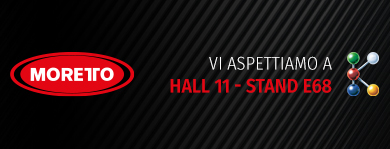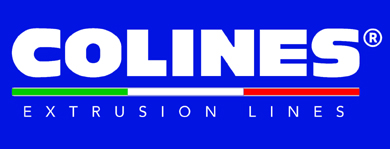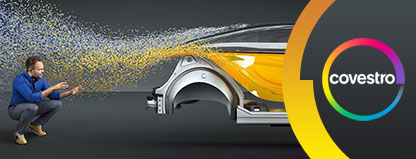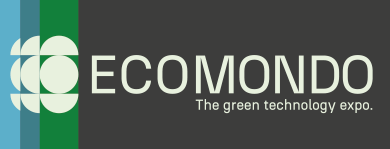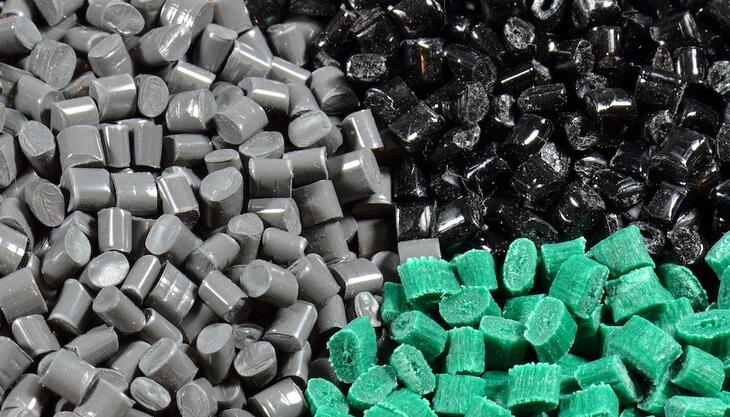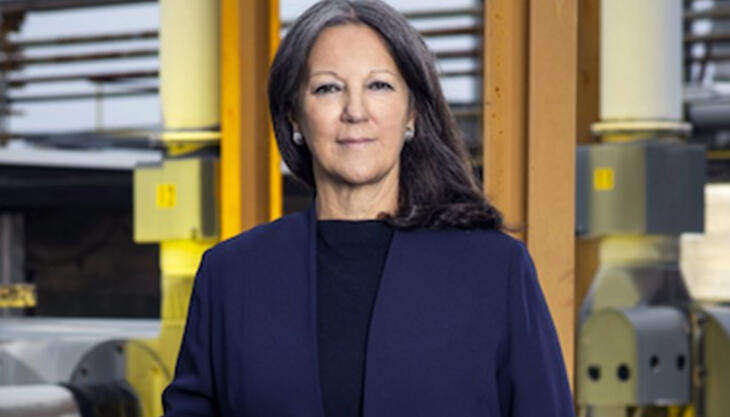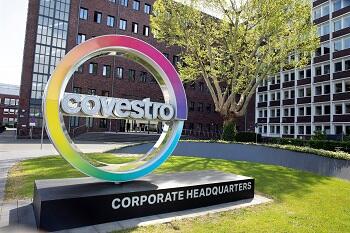
Covestro had a successful fiscal year 2021. The Group benefited from strong global demand and buoyant earnings in the year as a whole. Core volumes sold increased by 10% year on year, mainly due to additional volumes from the Resins & Functional Materials (RFM) business acquired from DSM. In particular, the rise in selling prices on the back of high demand meant that Group sales increased by 48.5 percent to 15.9 billion euros (previous year: 10.7 billion euros) - the highest ever level in Covestro history.
“In the past year we successfully undertook further steps towards circular economy. Our very good results in fiscal 2021 underscore once more that we are on the right track with our new strategic setup. Now we are taking the next steps on our path to a profitable and climate neutral future. After all, one thing is clear: Without our products, the Paris Agreement’s 1.5 degrees target cannot be achieved”, said Markus Steilemann, CEO of Covestro.
After presenting its new strategy “Sustainable Future” in February 2021, Covestro achieved important milestones in implementing it in the course of the fiscal year. The strategy has customer centricity and sustainable growth at its core. As part of that, the group restructured its organization in July 2021 and focused its businesses even more closely on the requirements of individual markets and on customers needs. Covestro has since been divided into the two reportable segments Performance Materials and
Solutions & Specialties. Integration of the Resins & Functional Materials business acquired from DSM in the Solutions & Specialties segment is proceeding successfully. The company was thus already able to generate synergy effects of 26 million euros, almost twice the figure originally anticipated for 2021. Covestro expects to generate permanent synergies totalling around 120 million euros annually by 2025.
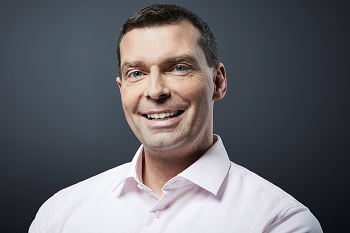 Climate neutrality
Climate neutrality
Covestro is making systematic advances on its path to circular plastics production and has set bold climate targets. The group is striving to become climate neutral and achieve net zero emissions by 2035. On the path to achieving that, Covestro has already reduced its specific greenhouse gas emissions per metric ton of product produced by 54% in 2021 compared to 2005, achieving its sustainability target for 2025 already today.
Now, the company plans to cut greenhouse gas emissions from its own production operations (scope 1) and from external energy sources (scope 2) by 60 percent to 2.2 million metric tons by 2030. In the long run, Covestro aims to use renewable energies only, such as wind power and solar energy, as well as alternative raw materials such as biomass, waste, CO2 or hydrogen within its production processes. In addition, a reduction target for the long-term reduction of indirect greenhouse gas emissions from upstream and downstream processes in the value chain (scope 3) is to follow in 2023.
Circular future and sustainable growth
As a pioneer for a circular and climate neutral future, Covestro has been awarded Iscc Plus mass balance certification for several of its production facilities. Further sites will also acquire it in the future alongside the certified sites in Antwerp (Belgium), Shanghai (China) and the German Lower Rhine locations at Leverkusen, Dormagen and Krefeld-Uerdingen. Covestro can offer its customers, for example, the rigid foam precursor MDI and the high-performance plastic polycarbonate as “drop-in solutions”; they are based on alternative raw material sources in accordance with the mass balance approach and are made in a quality identical to conventional counterparts. As a result, the company helps its customers steadily decrease their carbon footprint across the value chain.
Covestro also achieved further successes last fiscal year in gradually switching its production sites to green electricity. The company operates cooperation models with energy suppliers who generate onshore and offshore wind power and solar energy so that it can keep on cutting its greenhouse gas emissions. To enable that, the Group signed multiple Power Purchase Agreements for its sites in Belgium, China and Germany in 2021.
Growth in both segments
The Performance Materials segment generated year-over-year core volume growth of 0.3% in fiscal 2021. Despite solid global demand, the growth potential of the segment was constrained by limited product availability resulting from, among other things, unplanned weather-related production outages in the first quarter of 2021. The segment’s sales grew by 48.9% to 8.1 billion euros (previous year: 5.5 billion euros), in particular due to the higher average selling prices.
 Core volumes sold in the Solutions & Specialties segment increased in the past fiscal year by 26% year on year. In particular, additional volumes from the acquired RFM business contributed 16 percentage points to that. In addition, higher core volumes sold in the automotive and transportation industry and in the electrical, electronics and household appliances industry, especially in the EMLA and APAC regions, had a positive volume effect. At the same time, reduced product availability, for instance due to raw material bottlenecks, had a negative impact on core volumes sold and limited further organic growth opportunities. Higher selling prices meant that the segment’s sales in 2021 increased by 49.3% to 7.6 billion euros (previous year: 5.1 billion euros).
Core volumes sold in the Solutions & Specialties segment increased in the past fiscal year by 26% year on year. In particular, additional volumes from the acquired RFM business contributed 16 percentage points to that. In addition, higher core volumes sold in the automotive and transportation industry and in the electrical, electronics and household appliances industry, especially in the EMLA and APAC regions, had a positive volume effect. At the same time, reduced product availability, for instance due to raw material bottlenecks, had a negative impact on core volumes sold and limited further organic growth opportunities. Higher selling prices meant that the segment’s sales in 2021 increased by 49.3% to 7.6 billion euros (previous year: 5.1 billion euros).
Core volumes sold in the fourth quarter of 2021 rose by 4.6% compared with the previous year. Group sales in the final quarter of the year grew by 44.3% to 4.3 billion euros (previous year: 3 billion euros), in particular on the back of higher selling prices as a consequence of the rise in raw material prices.






